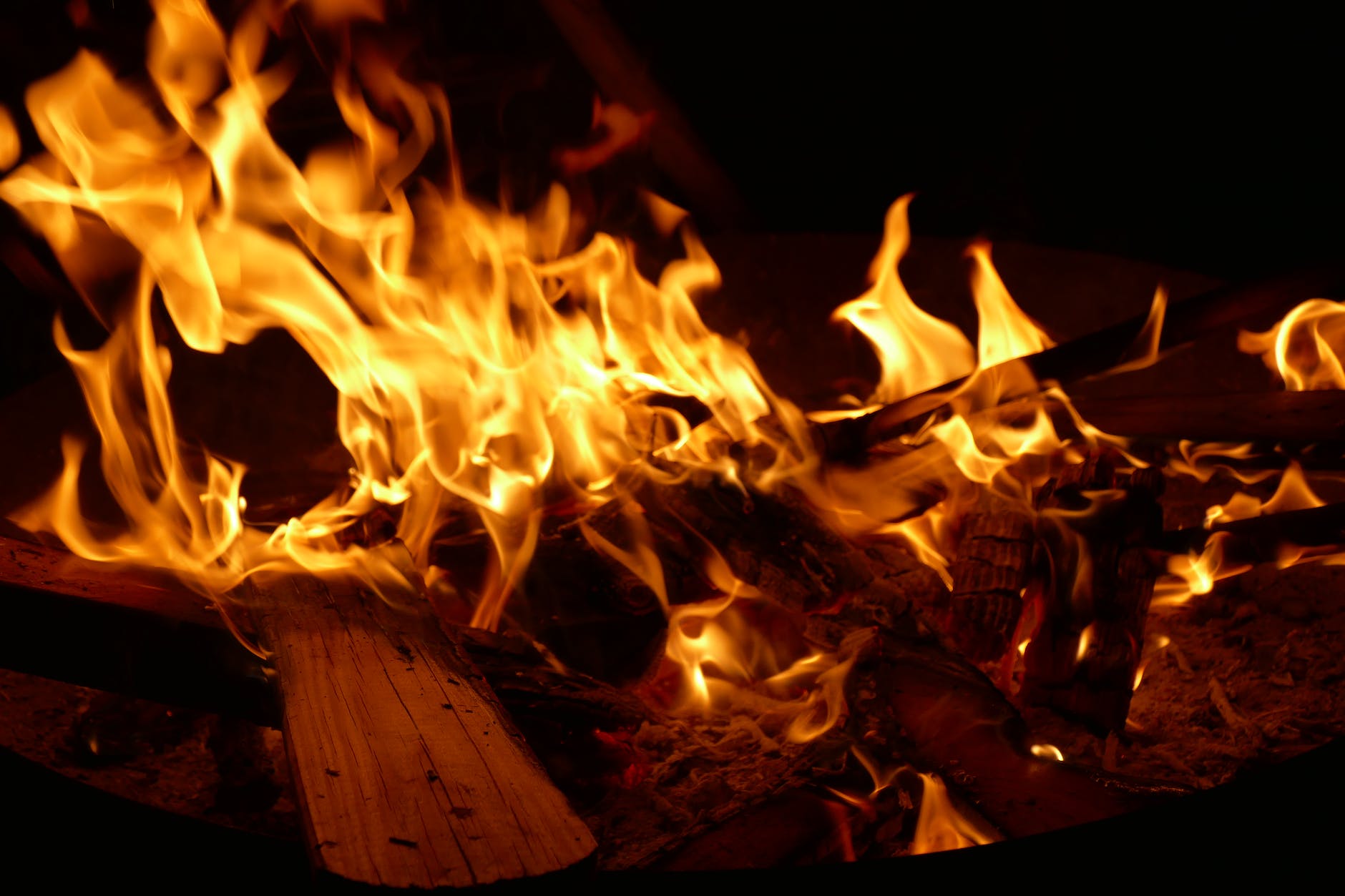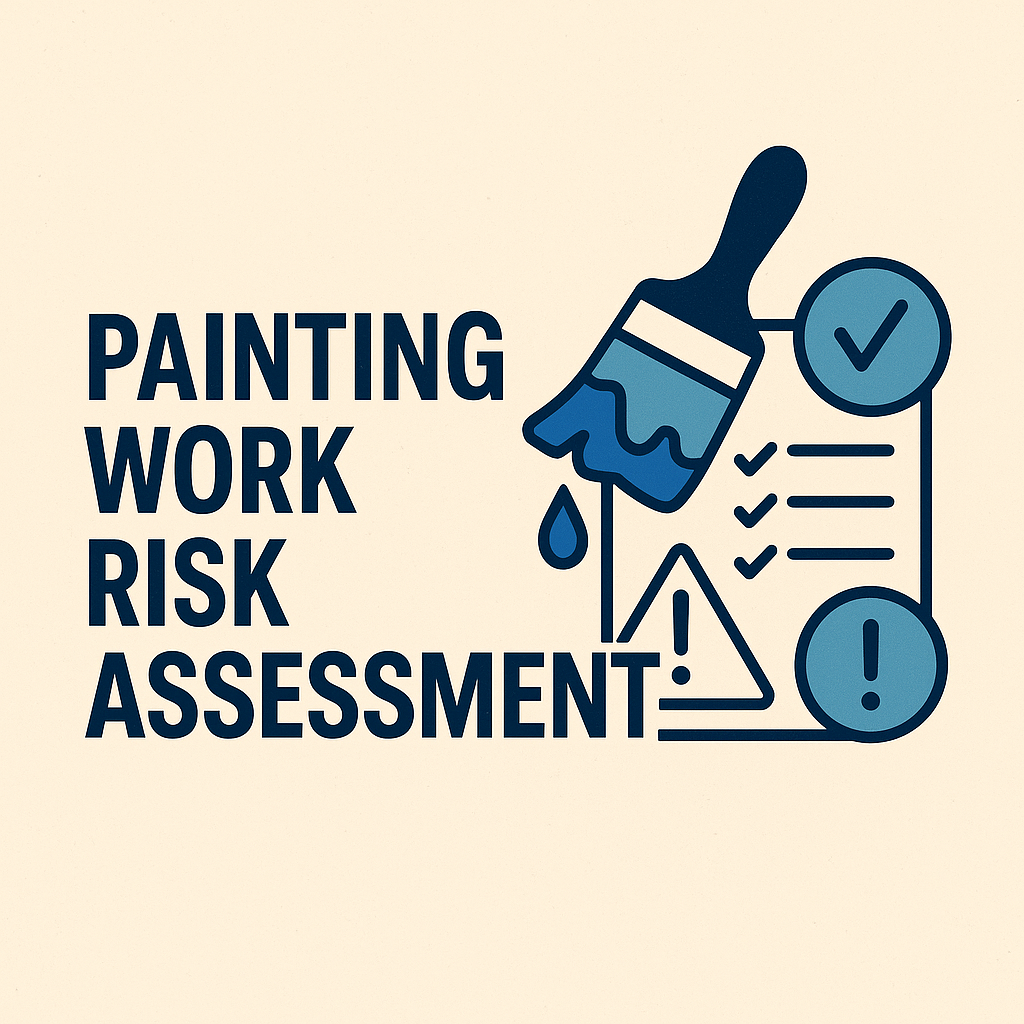
Fire Safety Quiz: Test Your Knowledge and Stay Safe
Fire Safety Quiz : Fire safety is a critical aspect of personal and community well-being. Whether at home, work, or public places, having knowledge about fire safety measures can be a lifesaver. One engaging and informative way to educate people about fire safety is through a fire safety quiz. This article delves into the importance of fire safety, the benefits of fire safety quizzes, and a sample quiz to help you gauge your knowledge.
Introduction
Fire accidents can occur unexpectedly, and being prepared is essential. Fire safety knowledge empowers individuals to act quickly and efficiently during emergencies. One effective way to test and improve your fire safety awareness is by taking a fire safety quiz.
The Importance of Fire Safety
Understanding the gravity of fires and their potential to cause harm is crucial. Fires can lead to property damage, injuries, and even loss of life. With proper fire safety education, individuals can minimize risks and take necessary precautions to prevent fires.
Advantages of Fire Safety Quizzes
Fire safety quizzes offer several benefits. They engage participants in an interactive learning experience, making the information more memorable. Quizzes also highlight areas where individuals might be lacking knowledge, encouraging further learning and awareness.
Creating an Effective Fire Safety Quiz
Designing a fire safety quiz requires careful consideration. Include questions about fire prevention, emergency response, and proper usage of firefighting equipment. The quiz should cover a range of topics to ensure a comprehensive understanding of fire safety.
Sample Fire Safety Quiz
1. What is the first thing you should do if you discover a fire? a) Call your friends b) Call the fire department c) Take a picture for social media
2. Which type of fire extinguisher is suitable for electrical fires? a) Type A b) Type B c) Type C
3. What should you do if your clothes catch fire? a) Run around to put out the flames b) Stop, drop, and roll c) Ignore it and hope for the best
4. How often should you check your smoke alarms at home? a) Once every 5 years b) Twice a year c) Only when they beep loudly
How to Stay Safe from Fires
Staying safe from fires involves a combination of preventive measures and appropriate actions during emergencies. Keep flammable materials away from heat sources, practice responsible cooking, and ensure that smoke alarms are functioning.
The Role of Fire Drills
Fire drills are essential to prepare individuals for real-life emergencies. Regular drills help people understand evacuation procedures, locate emergency exits, and stay calm under pressure.
Fire Safety at Home
Make your home fire-safe by installing smoke alarms in every room, keeping fire extinguishers within reach, and having an escape plan. Educate family members about fire safety practices to ensure a secure living environment.
Fire Safety in the Workplace
Workplaces should have proper fire safety protocols in place. This includes clear evacuation routes, accessible fire extinguishers, and employee training on using firefighting equipment.
Common Causes of Fires
Fires can be caused by various factors, including faulty wiring, unattended candles, cooking mishaps, and smoking indoors. Being aware of these common causes can help prevent fire incidents.
Identifying Fire Hazards
Regularly inspect your surroundings for potential fire hazards. Look for frayed wires, overloaded power outlets, and flammable materials stored improperly.
Choosing the Right Fire Extinguisher
Different types of fires require different extinguishers. Choose the right one for the fire type: Type A for ordinary combustibles, Type B for flammable liquids, and Type C for electrical fires.
Responding to a Fire Emergency
In case of a fire, stay low to avoid smoke inhalation, check closed doors for heat before opening them, and use escape routes that lead outside.
Evacuation Procedures
During an evacuation, remain calm and follow the predetermined escape routes. Never use elevators during a fire emergency.
Conclusion
Fire safety is a responsibility we all share. By being aware of potential fire hazards, understanding preventive measures, and knowing how to respond during emergencies, we can significantly reduce the risks associated with fires.
Frequently Asked Questions (FAQs)
- Why is fire safety important? Fire safety is important because it helps prevent fires, reduce injuries, and save lives. It also ensures that people are prepared to respond appropriately during emergencies.
- How often should fire drills be conducted? Fire drills should be conducted at least twice a year in both homes and workplaces to ensure that everyone knows what to do in case of a fire.
- Can I use water to extinguish all types of fires? No, using water on electrical or grease fires can be dangerous. It’s important to use the appropriate fire extinguisher for the type of fire.
- What should I do if a fire blocks my escape route? If your primary escape route is blocked by fire, use an alternative route if possible. If you’re trapped, seal the room’s cracks with cloth and signal for help from a window.
- How can I prevent kitchen fires? To prevent kitchen fires, never leave cooking unattended, keep flammable materials away from the stove, and use a timer to remind you of cooking tasks.
Remember, fire safety is a shared responsibility, and staying informed and prepared can make a significant difference in ensuring the safety of yourself and those around you.
Confined Space Safety Quiz – Test Your Safety Knowledge
Excavation Safety Quiz : Test Your Safety Knowledge
HSE Engineer and HSE Officer Jobs : Urgent Requirement in UAE

























Msbt exam questions
Msbt exam quiz